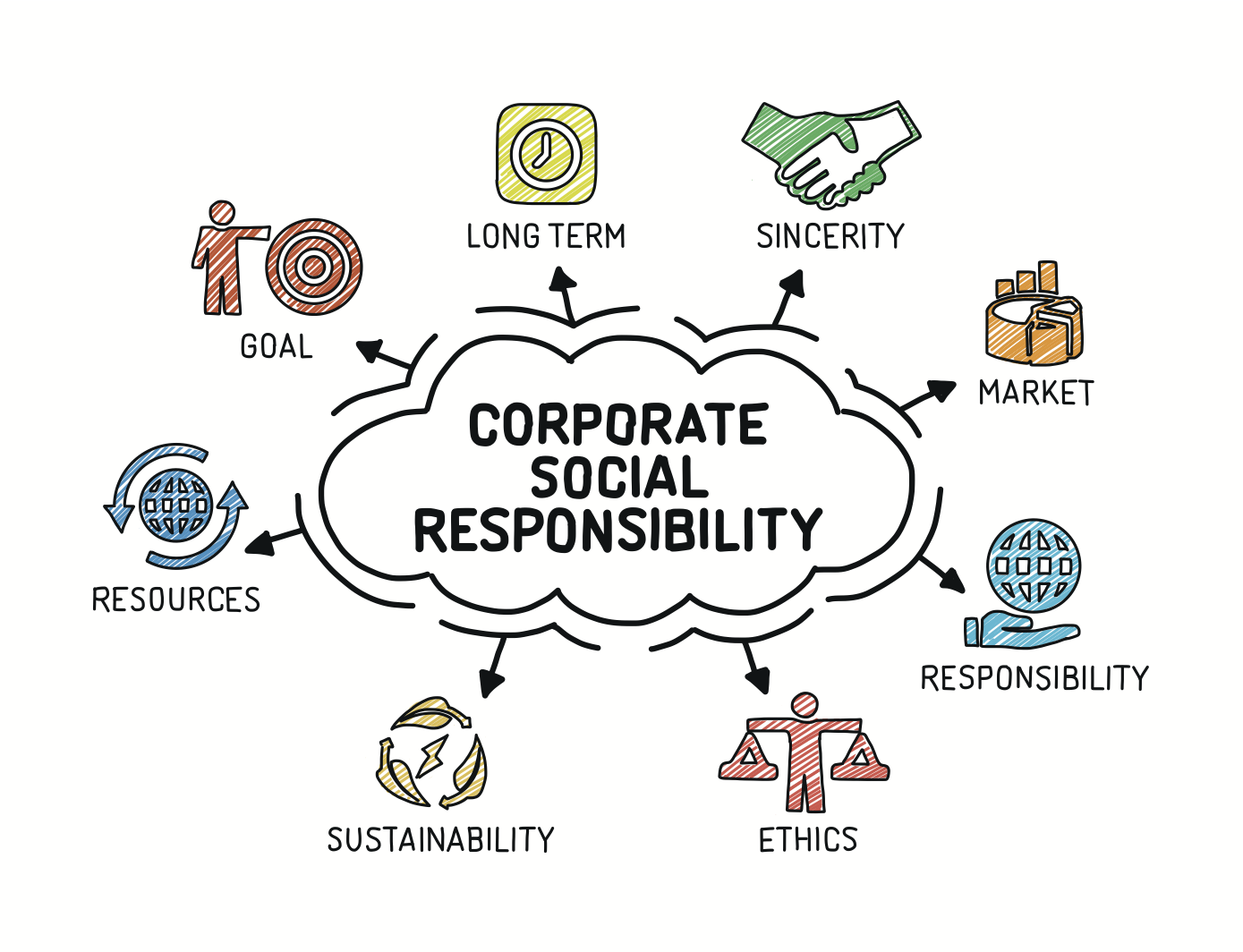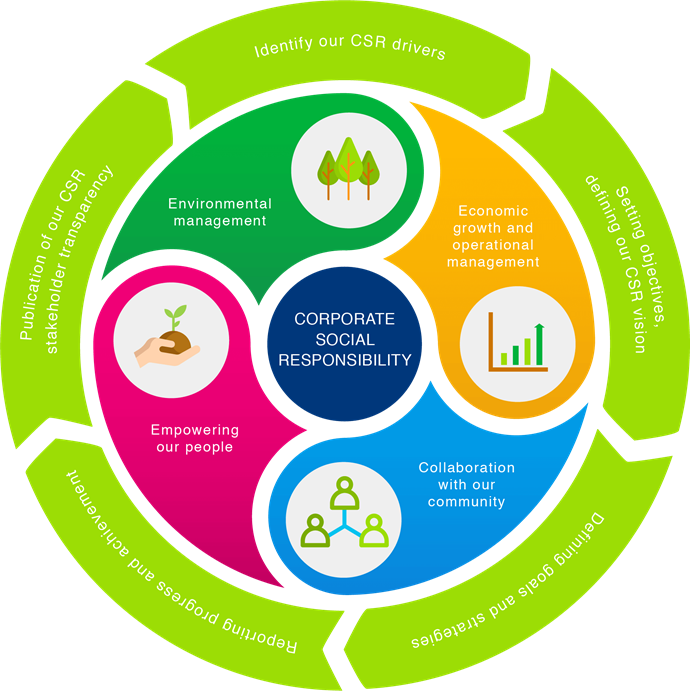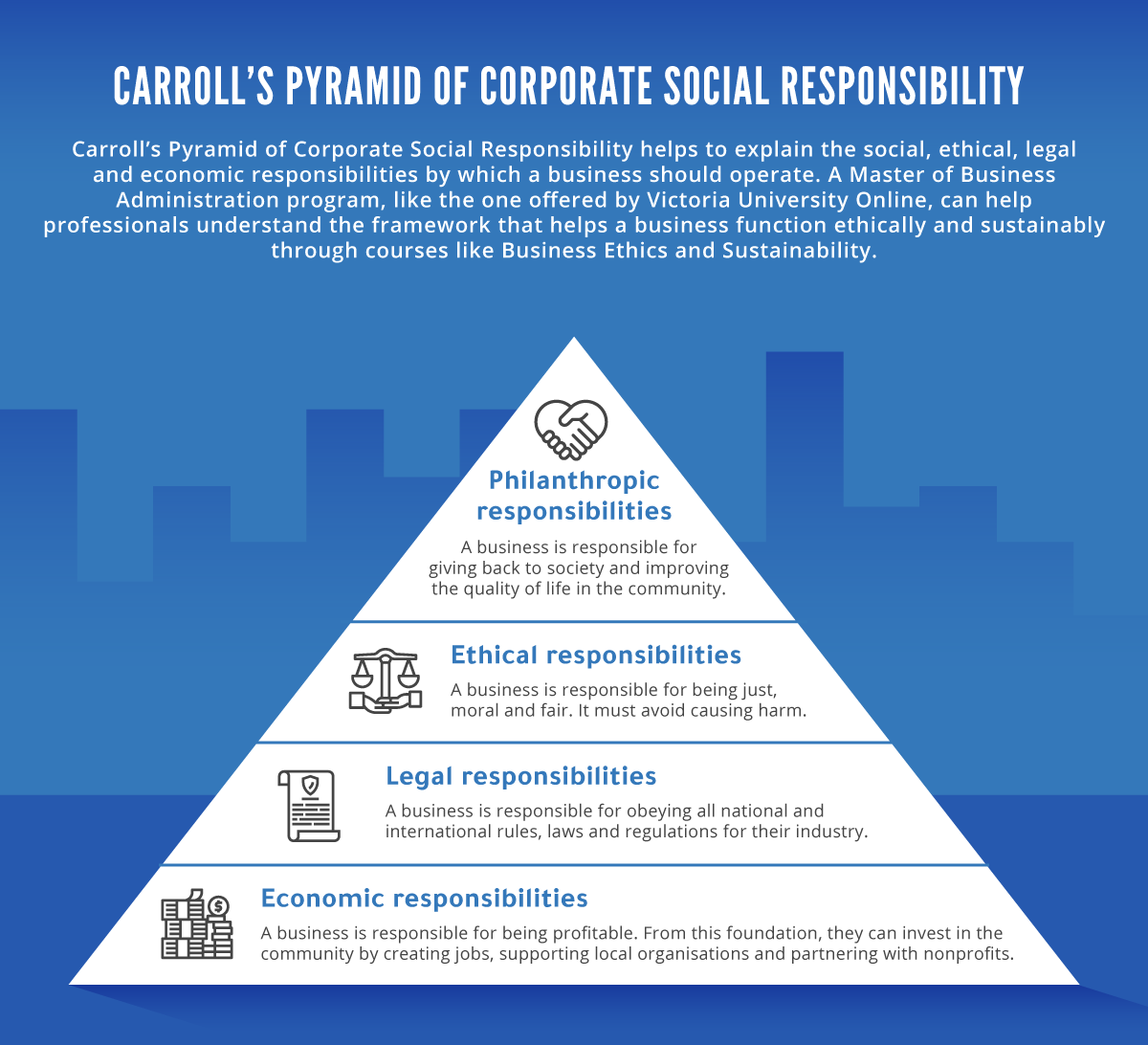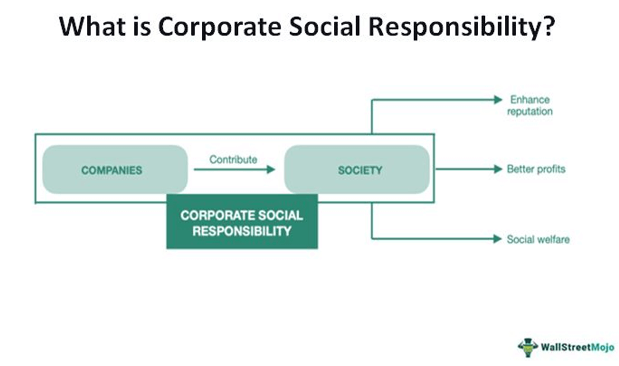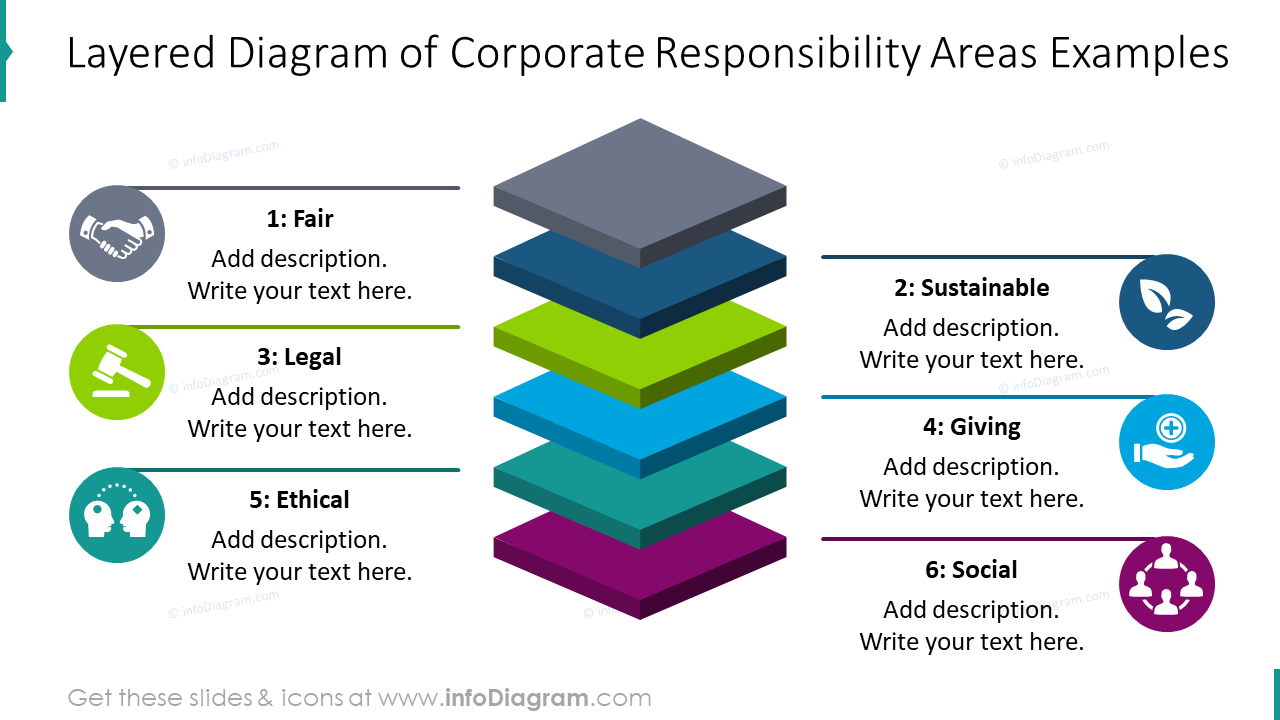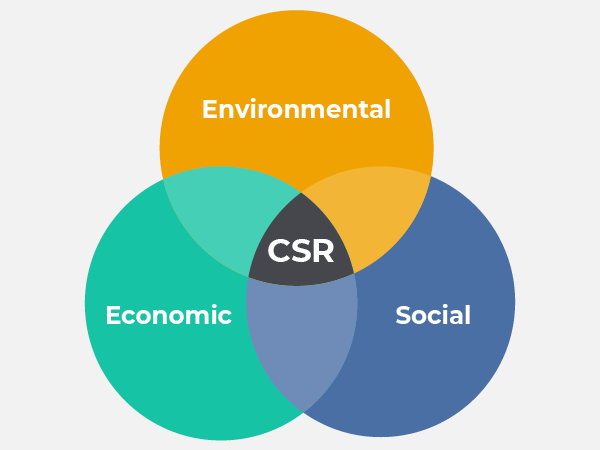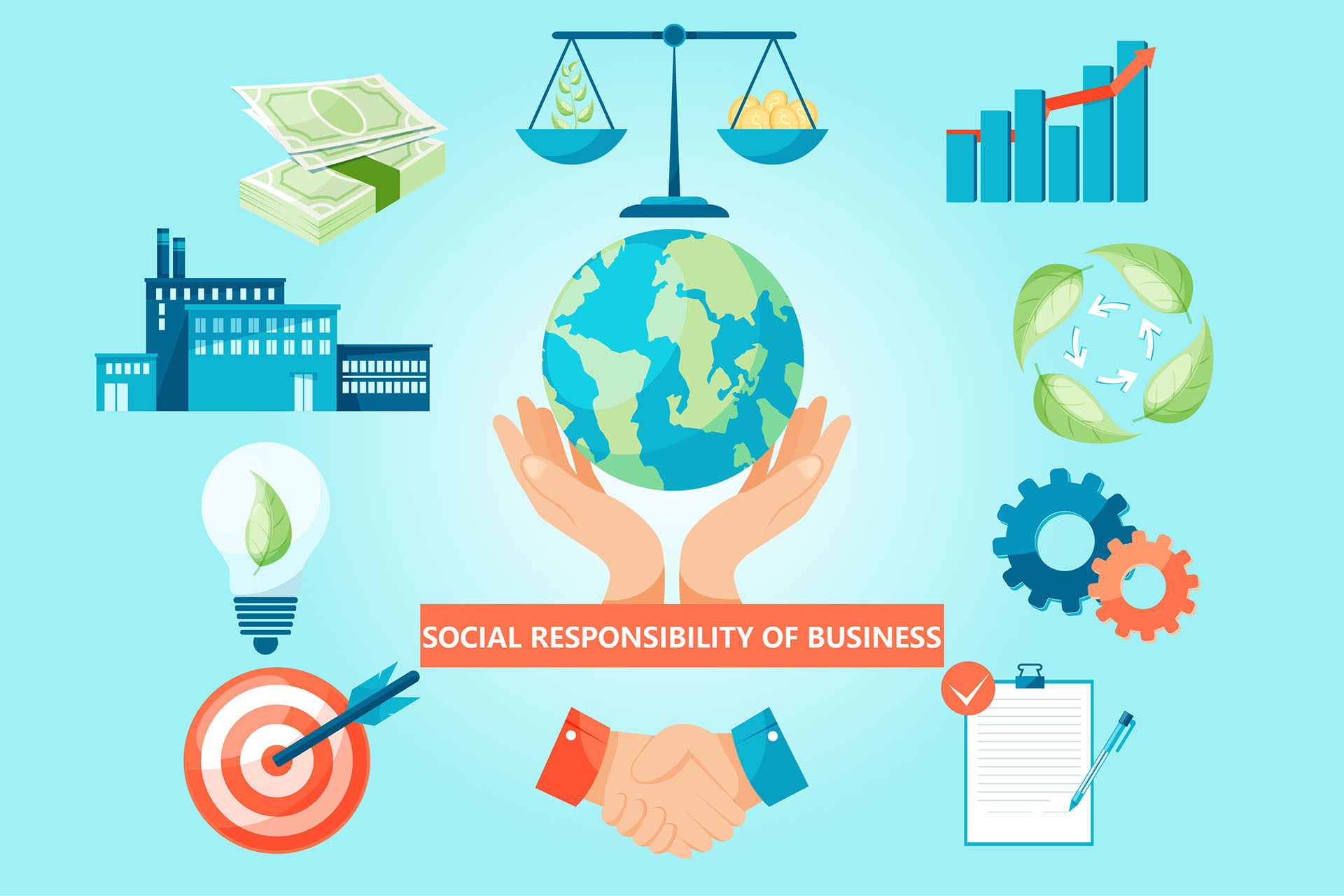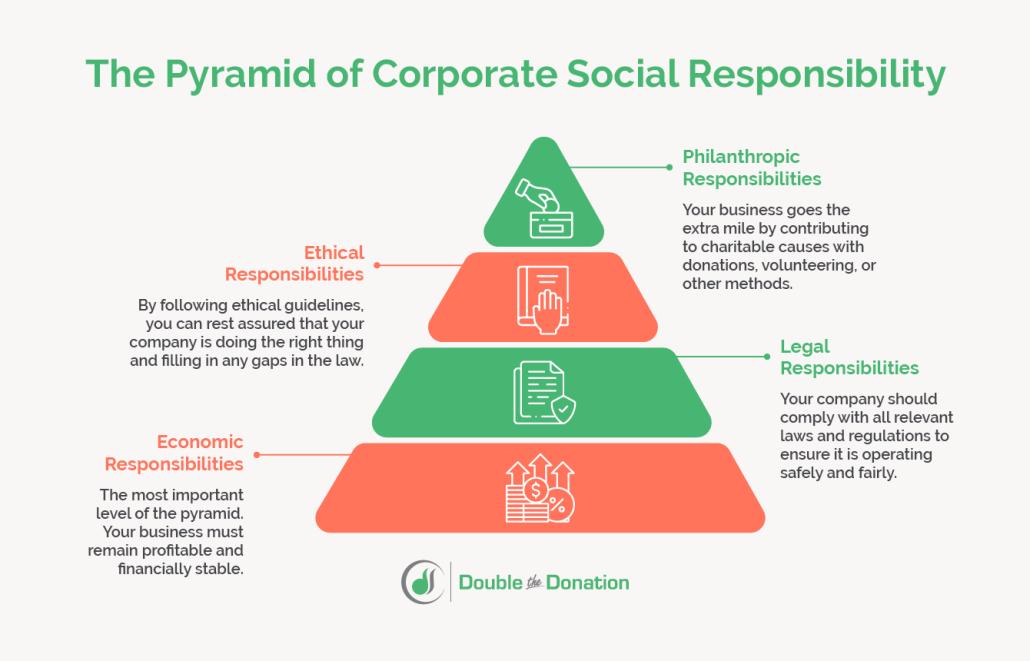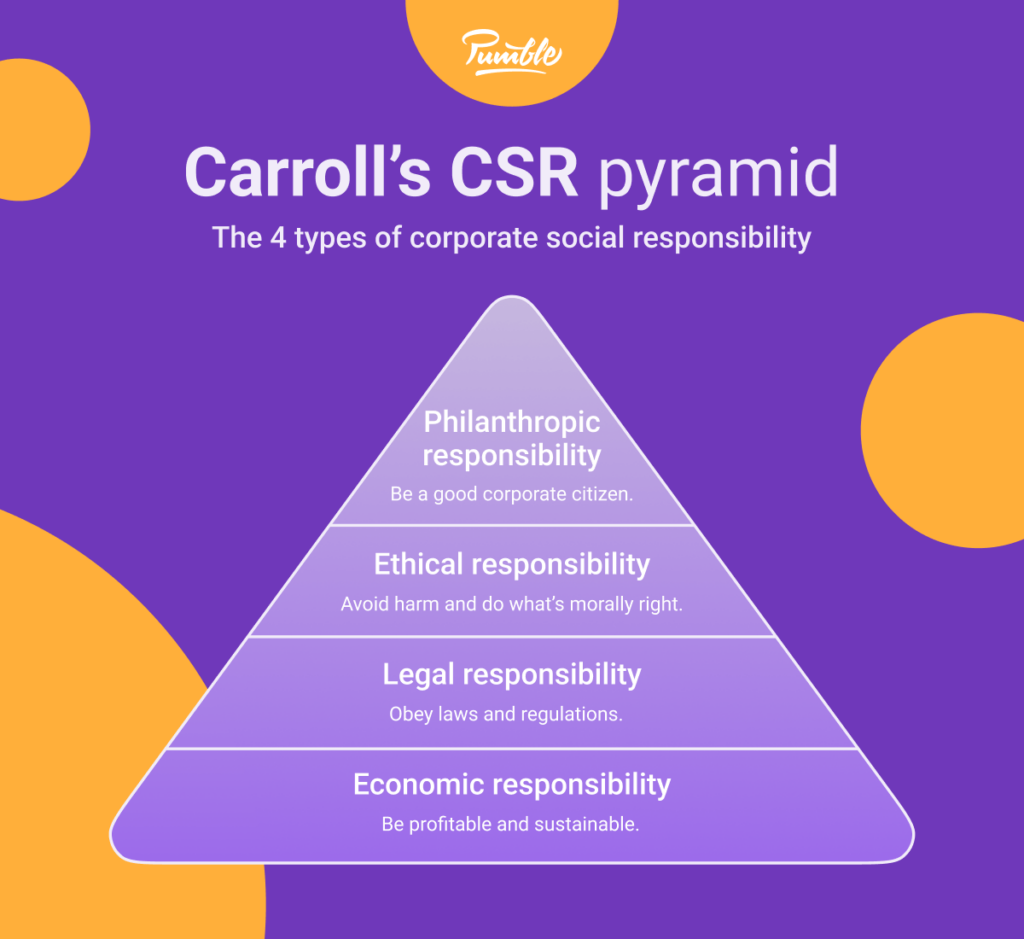The Three Major Factors Associated With Corporate Social Responsibility Are

In an era where businesses are increasingly scrutinized for their societal impact, understanding the core drivers of Corporate Social Responsibility (CSR) is more crucial than ever. Companies are no longer judged solely on their financial performance, but also on their ethical conduct, environmental stewardship, and commitment to social well-being.
This article delves into the three major factors that are consistently associated with impactful CSR initiatives: stakeholder engagement, environmental sustainability, and ethical labor practices. These elements form the foundation upon which responsible businesses build trust and create lasting positive change. Let's see each factor in detail.
Stakeholder Engagement: Listening and Responding
Stakeholder engagement sits at the heart of effective CSR. It involves actively soliciting and considering the input of all parties affected by a company's operations, including employees, customers, suppliers, communities, and investors.
"Engaging with stakeholders is not just about ticking boxes; it's about genuinely understanding their concerns and integrating them into business decisions," according to a recent report by the World Business Council for Sustainable Development. Companies that prioritize stakeholder engagement build stronger relationships, enhance their reputation, and are better equipped to identify and address potential risks.
Effective stakeholder engagement goes beyond surveys and public forums. It involves creating meaningful dialogues, establishing feedback mechanisms, and demonstrating a genuine commitment to addressing concerns raised. This approach ensures that CSR initiatives are relevant, responsive, and truly impactful.
Environmental Sustainability: Protecting Our Planet
Environmental sustainability has become a non-negotiable aspect of modern CSR. Businesses are increasingly expected to minimize their environmental footprint, conserve resources, and contribute to a healthier planet.
According to the Environmental Protection Agency (EPA), the key areas of focus for environmental sustainability in CSR include reducing greenhouse gas emissions, conserving water, minimizing waste, and promoting biodiversity. Many companies are adopting innovative technologies and practices to achieve these goals.
Companies like Patagonia, for instance, have built their brand around environmental sustainability, demonstrating that responsible environmental practices can be a competitive advantage. Their commitment to reducing waste and promoting sustainable materials resonates with consumers and strengthens brand loyalty.
Ethical Labor Practices: Investing in People
Ethical labor practices are essential for building a responsible and sustainable business. This encompasses fair wages, safe working conditions, and respect for workers' rights throughout the entire supply chain.
The International Labour Organization (ILO) has established a set of core labor standards that provide a framework for ethical labor practices. These standards cover freedom of association, the right to collective bargaining, the elimination of forced labor, the abolition of child labor, and the elimination of discrimination in employment.
Companies that prioritize ethical labor practices not only improve the lives of their workers but also enhance their reputation and reduce the risk of supply chain disruptions. Furthermore, investing in employee well-being and development can lead to increased productivity and innovation.
For example, Starbucks has invested heavily in ethical sourcing and fair trade practices, working closely with coffee farmers to ensure fair wages and sustainable farming practices. These efforts have earned the company recognition for its commitment to ethical sourcing and responsible supply chain management.
The Interconnectedness of CSR Factors
It is important to recognize that these three factors are interconnected and mutually reinforcing. For instance, engaging with stakeholders can help companies identify environmental risks and develop more sustainable practices.
Similarly, ethical labor practices can contribute to a more engaged and productive workforce, leading to better environmental performance. A holistic approach to CSR that integrates these factors is more likely to generate lasting positive impact.
"CSR is not a separate add-on to business; it's an integral part of how businesses operate and create value," said Peter Bakker, President and CEO of the World Business Council for Sustainable Development.
Moving Forward: Embracing Responsibility
As consumer awareness and expectations for corporate responsibility continue to grow, companies that prioritize stakeholder engagement, environmental sustainability, and ethical labor practices will be best positioned for long-term success. These three pillars are not just about doing good; they are about building a resilient, responsible, and profitable business.
By embracing these principles, businesses can create a more sustainable and equitable future for all, driving positive change within their organizations and the broader world.
Ultimately, the success of CSR depends on a genuine commitment to creating shared value for both businesses and society.

